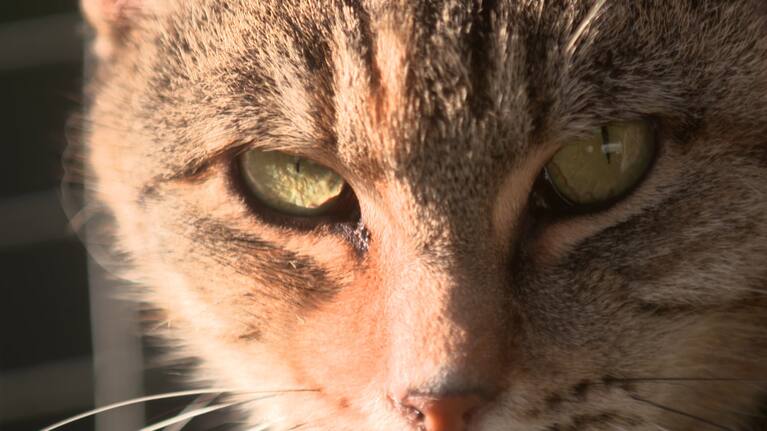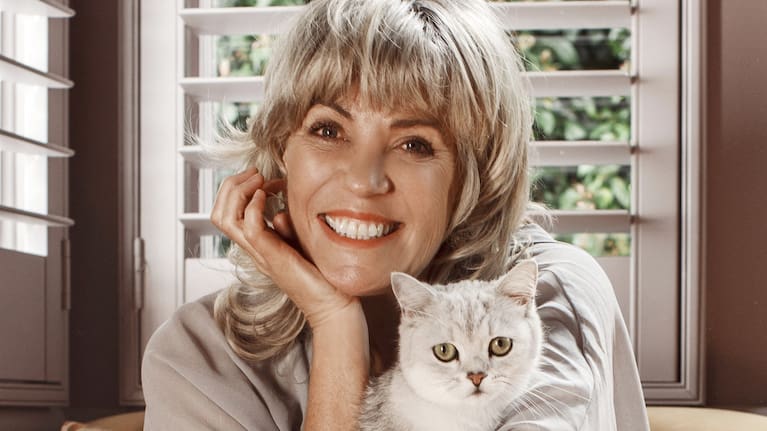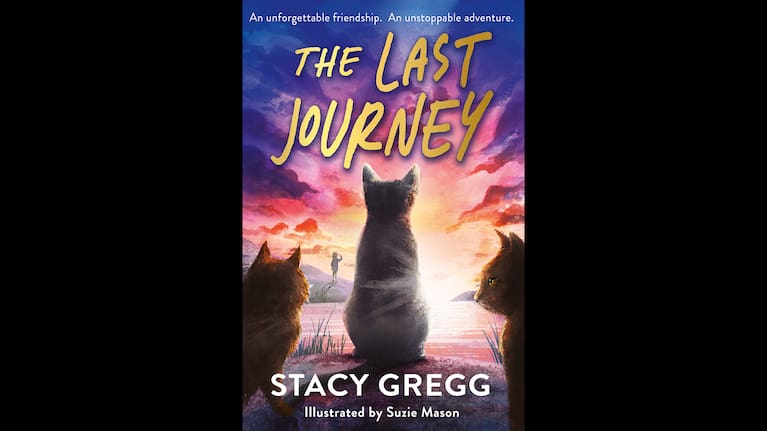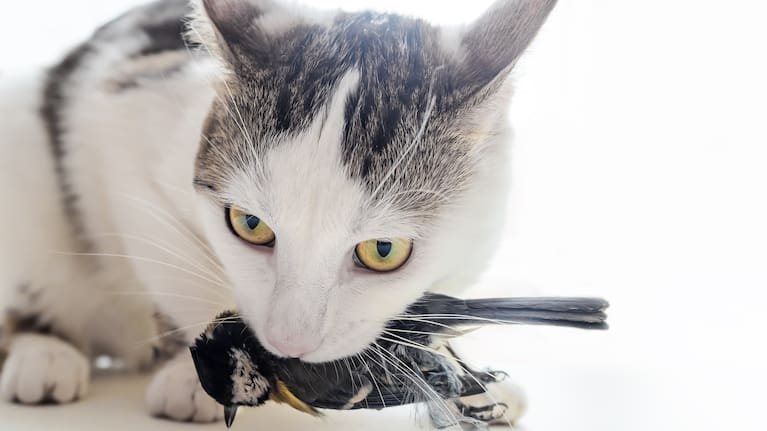Animal lover and best-selling junior fiction author Stacy Gregg on the call for a feral cat cull, and its uncanny echoes of her latest book.
First they came for the tabbies and we did nothing. Stacy Gregg on the slow, inevitable creep towards a catless society.
Nature, I think we can all agree, is in big trouble. Whether it's Shane Jones trying to drill it, or McCallum Bros trying to dredge it, nature is under constant threat from mankind. But you know what else nature is under threat from? Other nature.
Today I got an email from Forest and Bird alerting me to the problem with deer. Apparently the "Game Animal Amendment Bill" just opened for public submissions this week and Forest and Bird are very opposed to the intention of the bill – which is to provide invasive browsing pests, like deer, a hall pass to our national parks. The thinking appears to be that the deer will get established and grow magnificent and imposing and then we can drum up some tourism for people who want to stride about like lairds in Hunter wellingtons and gilets and shoot things and stick them on walls. But in the meantime the deer are running roughshod over indigenous nature and they are… pests.
Pests are everywhere: Kainamanawa horses, possums, rats, stoats, pigs, tahr and now definitively added to the list of public enemies… cats.

Last week the NZ Veterinary Association came out with a surprising statement in support of the killing of cats. They were at pains to say they were speaking specifically of feral cats as versus stray cats, and of course they were not referring to companion cats. Yet it is a slippery slope from pet to pest – there's only one letter in it and the vets admit as much, saying that while we humans think of these three categories as very clearly defined, “cats move fluidly between owned, stray, and feral populations, so a coordinated, multifaceted approach is essential – cat management is complex".
The solution being suggested and endorsed though is not complex at all. It's an armed death squad being sent out into the boondocks to eliminate the feral feline population. Alright they call it a cull – but honestly, if no cats are to be left alive? Potato potahto.

Do not think that I'm here though fighting on the side of the feral war. No. I am here to mostly say "OMFG I told you so!" Because I foresaw this future cat dystopia, and spookier still I had the prescience to write about it.
In The Last Journey Pusskin, my hero, and his furry band of brothers are forced to flee when the government of the day uses them as a convenient scapegoat to solve "the bird problem". As birds start disappearing an environmental catastrophe ensues; insects rise up, crops fail and food shortages cause riots in the street. This new government, with more than a whiff of facism about them, begins with anodyne solutions at first – ruff collars, bells and curfews – but rapidly progresses to feral culls in the countryside, and then to the urban strays, or community cats as they are better known now. And when these measures fail, a new agency known as The Curiosity is empowered to control the companion feline population, ie pets. Now, when a cat reaches its ninth birthday, The Curiosity dispose of it. Yup, that's right: the curiosity kills the cats.
If all of this sounds far too grim for the reading consumption of an eight-year-old-child, trust me, I've been doing this for a while. The Last Journey is about the powerful bonds of animal friendship, narrated by Pusskin, the cat who will change the world.

But at its heart, the premise of the story is very much based in fact. We have turned on cats before and we appear to be on a hair trigger and ready to go again. OK, during the black plague maybe we weren't scientifically informed enough to realise that the cats we were slaughtering were not in fact satanic aides to witches and were in fact the only thing controlling the rats and keeping the disease at bay. But surely we should have known better by 2020. And yet at the height of the Covid pandemic in the UK, then health minister James Bethell now admits they had real concerns that cats were carriers of the virus and considered exterminating all of them.
"What we shouldn't forget," Bethell says, "is how little we understood about this disease. There was a moment when we were very unclear about whether domestic pets could transmit [Covid]."
It is not only the humans in The Last Journey though who are portrayed as bad guys. My cats too, do some navel gazing about what it means to be a prey animal responsible for the deaths of 55 million birds every year in the UK, (the book is set in a Londonesque city.) In New Zealand, the estimated number of birds killed annually by cats is even higher – up to 100 million.

The solution however, as the NZ Vet Association admit, is not simple and when we try to simplify it we really screw everything up. In the 1990s when feral cats were culled completely from Australia's Macquarie Island, the end result was an AU$25million environmental mop-up operation afterwards to solve the greater problem that was created when the removal of cats allowed the other island vermin – rats, mice and rabbits – to soar in numbers and annihilate everything in their path. You cannot simply remove a puzzle piece and think you have solved things.
At the end of the day too, the root of the problem is us, or rather a decision we made long ago to make nature bend to our will. If we hadn't domesticated the cat to serve our needs, would it ever have risen to the position it holds now? It seems unlikely and again in my book, animals get philosophical on the matter, this time when a jury of barnyard residents hold the cats brutally to account. But then these animals too, admit to their struggles with domestication. It is a poisoned chalice. The sheep and the pig will face slaughter one day. The chicken is forced to hand over her eggs. Yet if we were to all become vegan overnight, we'd have no need to keep them at all and what would we do with the millions of animals we currently farm?
The slope is slippery for cats, but would dogs be next? After all they are kiwi killers, and there are reports daily of their lawlessness and aggression. It is only a matter of time before the tide turns on them too. Which is why they will be the heroes of my next book.
Stacy Gregg is the author of the Pony Club Secrets series and Nine Girls, which won the Margaret Mahy Supreme Award in 2024. Her new book The Last Journey (Simon & Schuster) is out now.



















SHARE ME